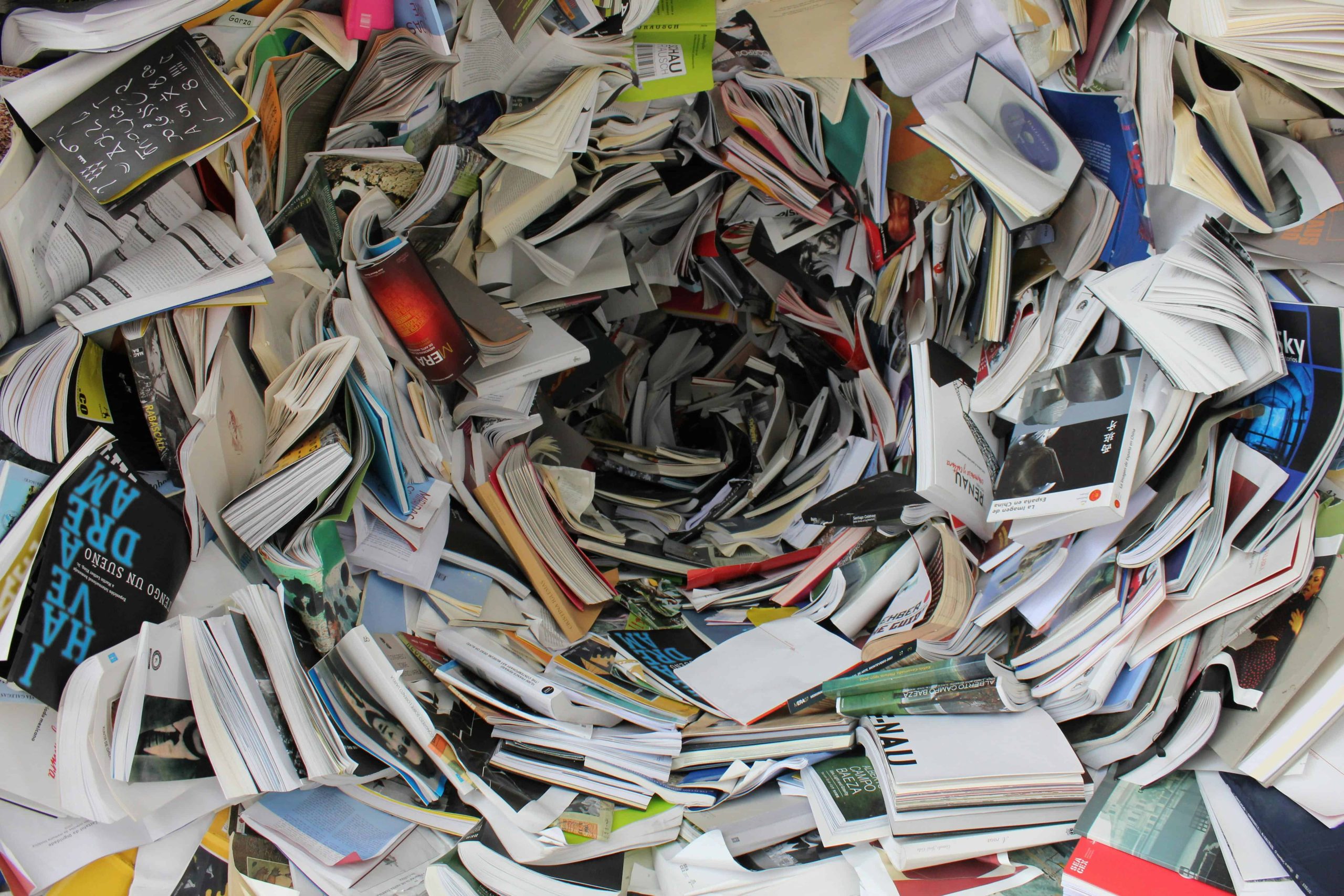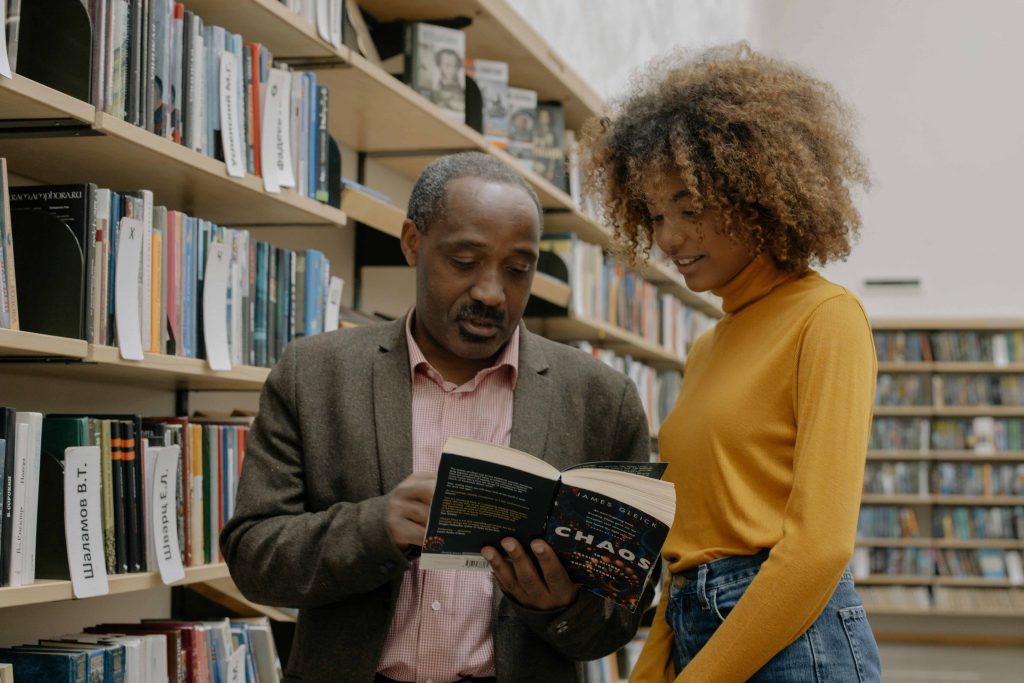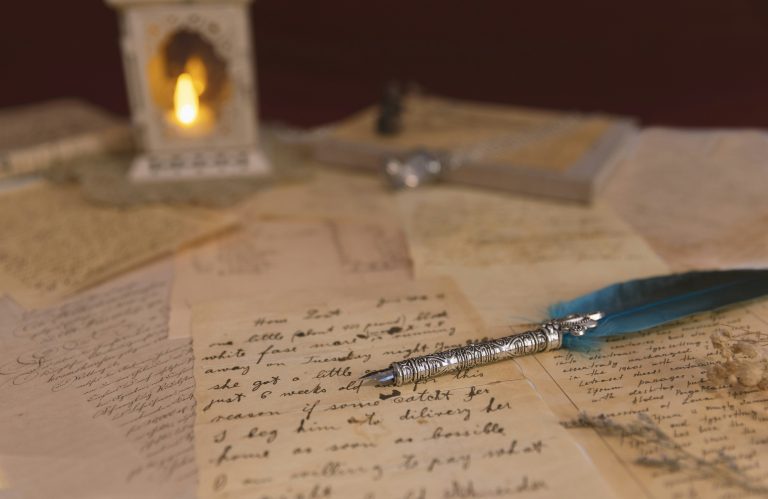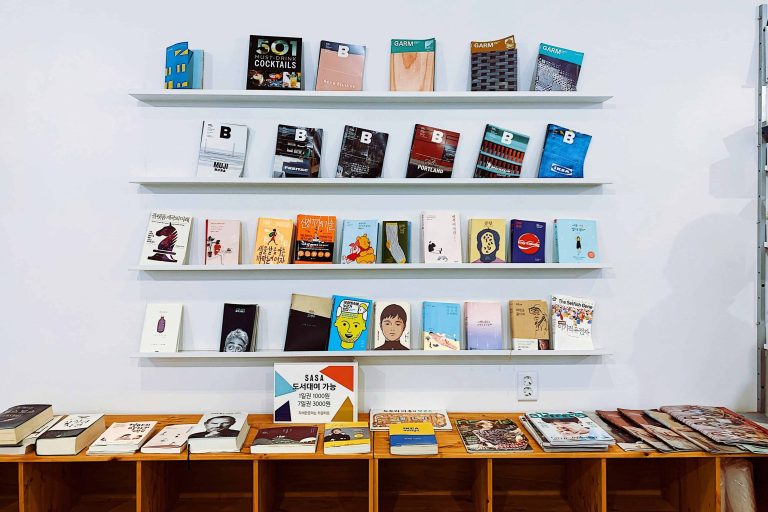Experimental Literature in Portugal: Pushing Boundaries and Innovations
Experimental literature, by its nature, challenges conventional norms and conventions of storytelling and linguistic expression. In Portugal, this experimentation is deeply rooted in historical contexts marked by periods of political and social change. From the authoritarian regime of the Estado Novo to the Carnation Revolution and beyond, these tumultuous times have provided fertile ground for literary experimentation as writers sought new ways to articulate their experiences and critique societal norms.
Exploration of Experimental Forms
Poetry
Portuguese experimental poets have explored various avant-garde techniques to redefine the boundaries of poetry. From the visually striking layouts of concrete poetry to the auditory landscapes of sound poetry, these poets have innovated in both form and content. Notable figures such as E.M. de Melo e Castro and Ana Hatherly have embraced these experimental forms, using them to engage with themes of identity, politics, and language itself.
Prose
In the realm of prose, Portuguese writers have likewise pushed the envelope, experimenting with narrative structure, language, and form. Authors like José Saramago and Maria Gabriela Llansol have challenged traditional storytelling conventions, employing stream-of-consciousness narration, nonlinear plots, and linguistic playfulness to captivate readers and provoke thought.
Emerging Forms
The advent of digital technologies has opened up new frontiers for experimental literature in Portugal. Digital literature, with its interactive narratives and multimedia elements, offers writers exciting opportunities to explore the intersection of literature and technology. Portuguese authors are embracing these emerging forms, creating immersive experiences that blur the boundaries between text and reader.
Impact of Experimental Literature
The impact of experimental literature in Portugal extends far beyond its immediate literary circles. Its influence resonates deeply within the country’s cultural milieu, igniting the imaginations of budding writers and seasoned authors alike. Through its bold defiance of conventional norms, experimental literature has broadened the horizons of literary expression, paving the way for innovative approaches and fresh perspectives. This ongoing dialogue between tradition and innovation not only enriches the cultural discourse within Portugal but also contributes to the global literary landscape by fostering a spirit of creativity and exploration.
Conclusion
In conclusion, the vibrant tapestry of experimental literature in Portugal stands as a testament to the enduring power of creativity and innovation in the face of historical upheaval and societal change. From the evocative verses of experimental poets to the boundary-pushing narratives of prose writers, Portuguese literature continues to evolve and inspire. As the digital age opens new avenues for exploration, the legacy of experimental literature in Portugal remains a beacon of artistic freedom and expression, enriching not only the cultural landscape of the nation but also contributing to the global conversation on the limitless possibilities of literature.
As Portugal’s e-book market continues to evolve, seize the chance to stay ahead of the curve with our in-depth analysis, empowering you to make informed decisions and thrive in this dynamic industry.










